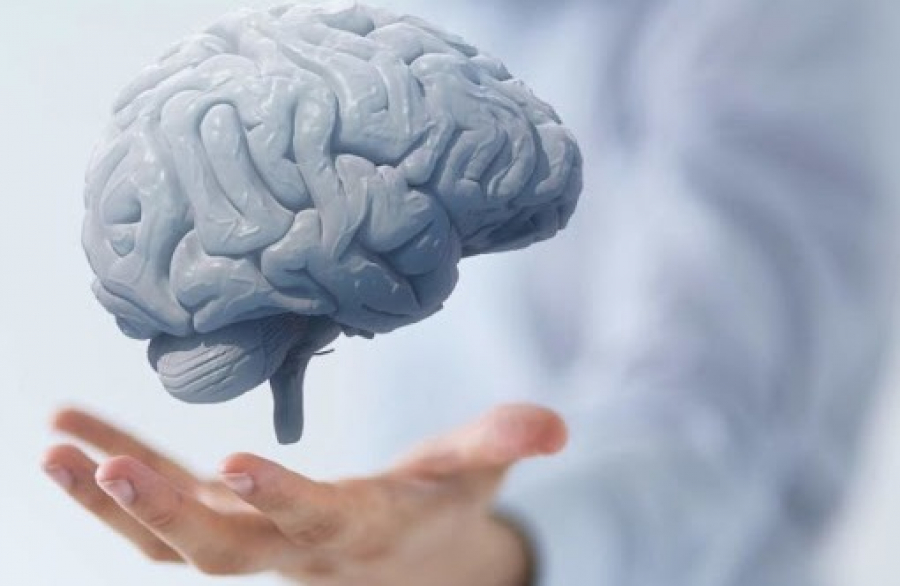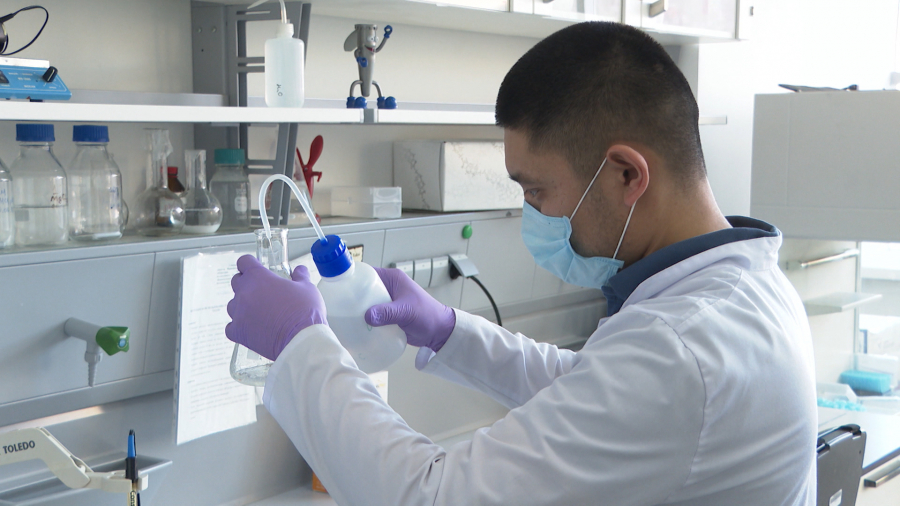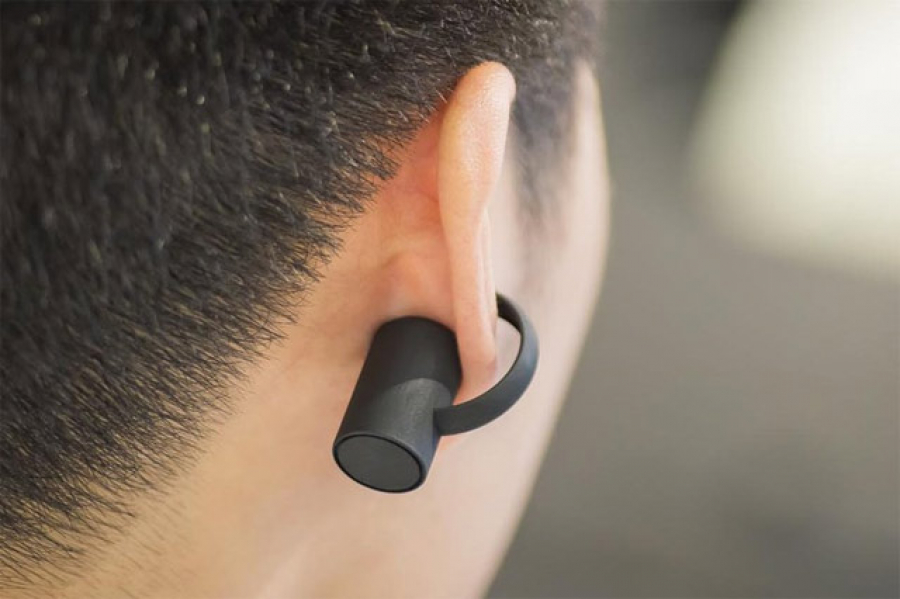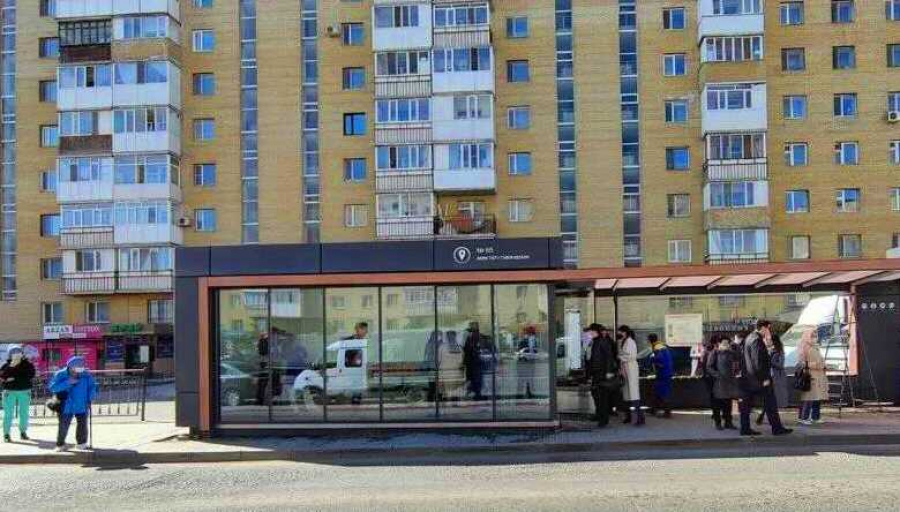
Students from Kazakhstan developed a test detecting Alzheimer’s disease at an early stage. With the support of a mentor and a psychotherapist, they created a platform, where, by answering dozens of questions, it is possible to get detailed information about possible symptoms, risk factors, causes and even measures to prevent this complicated disease.
“The main feature of this test is that it has no analogues, at least, in the post-Soviet space. You may find something similar, with the same name, but absolutely different in terms of the level of professionalism and clarity from the point of view of medicine. Therefore, this test is unique. We keep working it out. Now we are working on improving precisely the visual representation both for patients and for doctors, so that this is clearly illustrated and understandable,” said Amanzhol Shungeyev, one of the platform inventors.
The examination that patients used to undergo in hospitals by answering questions on paper and paying a lot of money for an appointment, can now be got without leaving home, online. At the same time, according to the inventor, it won’t take much time, because the test takes no more than half an hour.
“A patient does not need to go anywhere. For example, it often happens that people just give up on their condition, do not pay attention, do not want to go to a doctor, maybe because of the mentality. The test helps do this online and anonymously,” noted Yussup Tumgoyev, another platform inventor.
The developers are sure that this topic is more relevant than ever, especially in Kazakhstan. Citizens of the country, they said, are used to blaming the symptoms of Alzheimer’s disease on age, while relatives, in fact, should sound the alarm at an early stage, when treatment is still possible. Meanwhile, this diagnosis is confirmed in more than 100,000 people in Kazakhstan to date. Doctors said that this figure may turn out to be many times higher if the detection rate is increased.
“Early diagnosis of this problem is very important. Just recently, a medicine for the treatment of Alzheimer’s disease was approved in June. But the fact is that it works in people with an earlier stage of dementia. This medicine will not work in people with more advanced dementia. Therefore, it is very important to detect this disease as early as possible,” added Tumgoyev.
According to the developers, Kazakh doctors have already become interested in the platform. Cooperation is possible in the future. The team is currently assembling a focus group of 30 people who will take this test for free. If signs of Alzheimer’s are detected, they will be provided with a doctor’s consultation.
Translation by Saniya Sakenova
Editing by Galiya Khassenkhanova









